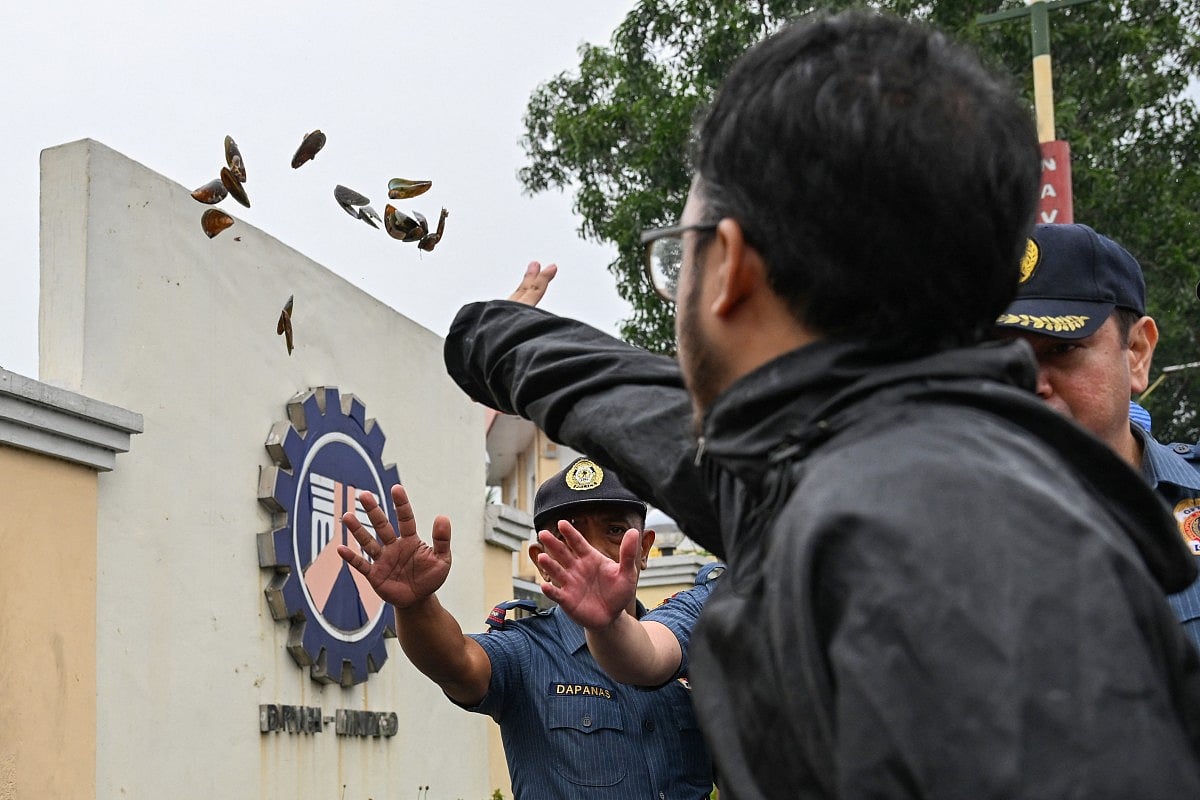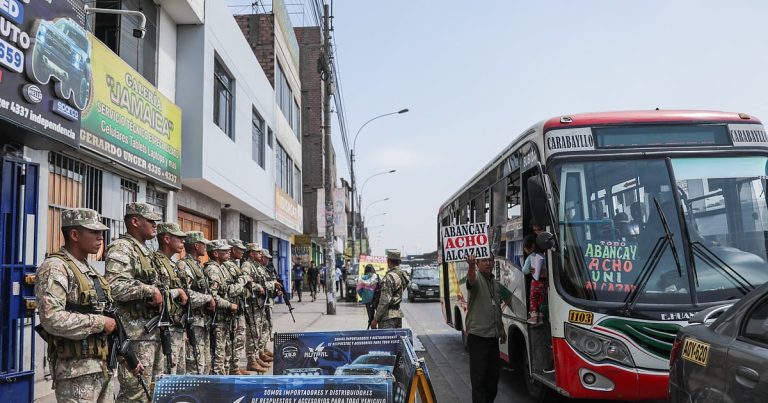Filipinos Express Major Concerns Over Government Corruption
A recent survey has highlighted a significant concern among Filipinos regarding government corruption. Conducted by Pulse Asia from September 27 to 30, 2025, the poll reveals that an overwhelming majority of the population perceives corruption as a pervasive issue within the government.
Survey Findings
The survey results are striking, with 97% of respondents believing that corruption is rampant. This sentiment comes amid ongoing investigations into allegations of misappropriated funds related to flood control projects and questionable budget allocations in the 2025 General Appropriations Act. Notably, only 0.4% of those surveyed felt that corruption was not widespread, indicating a near-universal consensus on the issue.
Among the respondents, 78% described corruption as “very widespread.” Furthermore, a significant 85% reported that they have observed an increase in corrupt practices over the past year, while only 3% felt that the situation had improved. Alarmingly, 59% of Filipinos have come to accept corruption as a normal aspect of political life.
Political Accountability
The survey coincides with congressional hearings where several lawmakers, including senators and former representatives, have been implicated in kickback schemes related to flood control projects. Despite their denials, a staggering 90% of survey participants believe there is collusion between government officials and contractors misusing public funds.
On a more optimistic note, 71% of respondents expressed hope that those involved in corruption scandals would eventually face consequences. Additionally, nearly half of the population believes that protests can effectively hold corrupt individuals accountable. Recent demonstrations, particularly on the 53rd anniversary of martial law on September 21, 2025, reflect a growing public resolve to combat corruption.
Future Actions
The Pulse Asia survey, which included 1,200 adult participants nationwide and has a margin of error of ±2.8%, underscores that corruption remains a top concern for Filipinos across Luzon, Visayas, and Mindanao. With more protests planned for October and November, the fight against corruption is far from over.
FAQs
What percentage of Filipinos believe corruption is rampant in the government?
According to the recent Pulse Asia survey, 97% of Filipinos believe that corruption is rampant within the government.
How many people participated in the Pulse Asia survey?
The survey included 1,200 adult respondents from across the Philippines, providing a comprehensive view of public sentiment on corruption.
What actions are being taken to address corruption in the Philippines?
Public protests and congressional hearings are ongoing, with many Filipinos advocating for accountability and transparency in government practices.
Conclusion
The findings from the Pulse Asia survey reveal a deep-seated concern regarding corruption in the Philippines, with a significant majority of the population feeling that it is a widespread issue. As investigations continue and public protests gain momentum, the call for accountability and reform remains strong among Filipinos. The next steps will involve sustained public pressure and potential legislative changes to combat corruption effectively.
The perception of corruption in the Philippines is not a new phenomenon; it has been a longstanding issue that has affected public trust in government institutions. Historical events, such as the Marcos regime and subsequent administrations, have left a legacy of skepticism regarding the integrity of public officials. This context helps explain the current high levels of concern among Filipinos, as many citizens have witnessed repeated scandals and a lack of accountability over the years.
Moreover, the implications of widespread corruption extend beyond public sentiment; they can hinder economic growth and development. Investors often view corruption as a risk factor, which can deter foreign investment and stifle local entrepreneurship. The erosion of trust in government can also lead to increased social unrest, as citizens demand transparency and accountability from their leaders.
As the government grapples with these challenges, various civil society organizations are stepping up efforts to promote good governance and anti-corruption initiatives. These groups are working to educate the public about their rights and the importance of civic engagement, encouraging citizens to participate actively in the democratic process. The ongoing dialogue surrounding corruption, fueled by surveys like Pulse Asia’s, highlights the urgent need for reforms that address the root causes of this pervasive issue.
Also Read:
Gold and Silver Prices Soar Amid Economic Concerns
Al Ain Driver Wins Big Ticket After 24 Years of Hope
GITA Launches New Initiatives to Boost Innovation in Georgia







